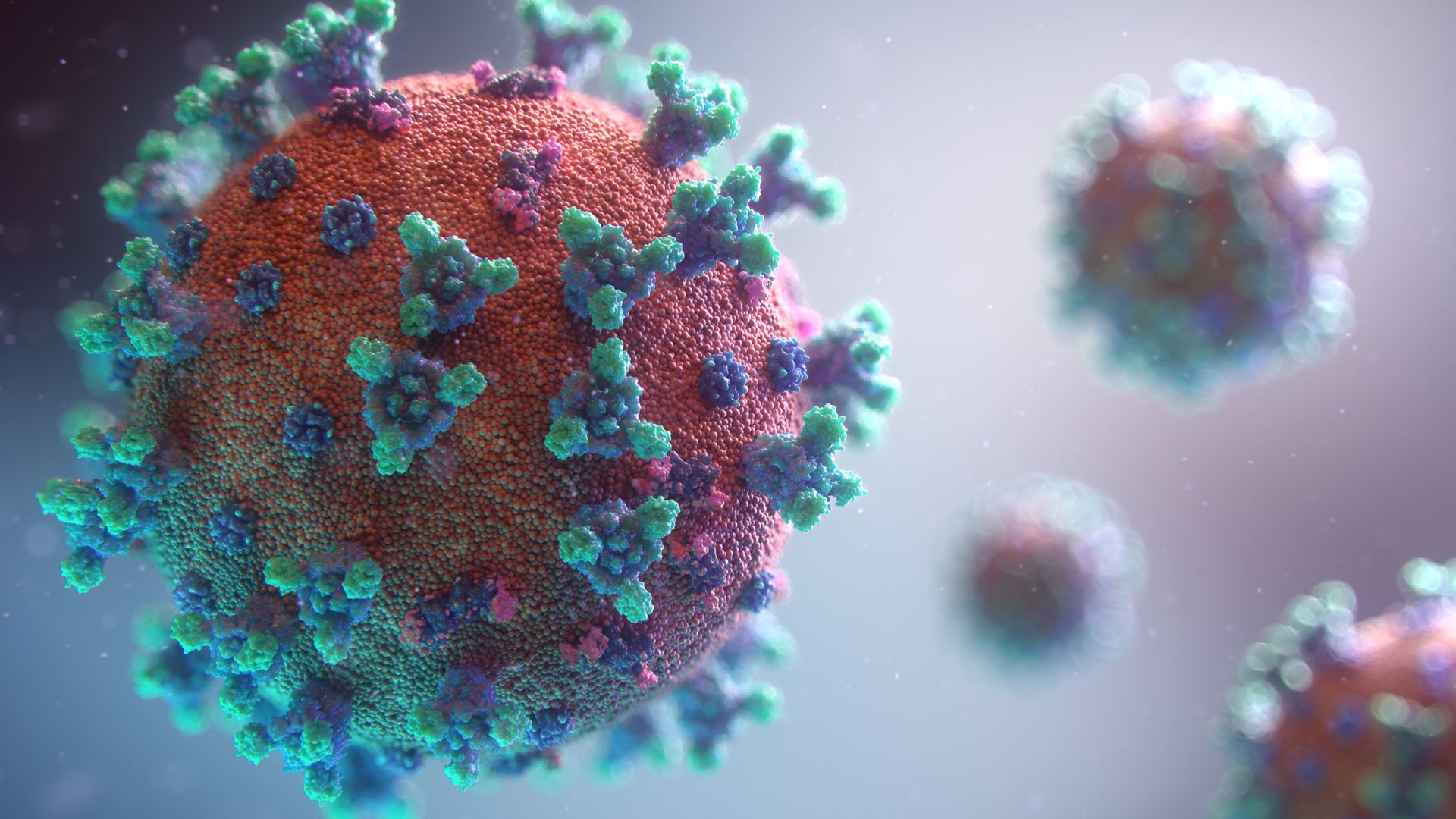Coronavirus Information
Living with the Covid pandemic
As we learn to live safely with coronavirus (COVID-19), there are actions we can all take to help reduce the risk of catching COVID-19 and passing it on to others. These actions will also help to reduce the spread of other respiratory infections, such as flu, which can spread easily and may cause serious illness in some people.
There are simple things you can do in your daily life that will help reduce the spread of COVID-19 and other respiratory infections and protect those at highest risk. Things you can choose to do are:
- Get vaccinated.
- Let fresh air in if meeting others indoors.
- Practise good hygiene:
- wash your hands
- cover your coughs and sneezes
- clean your surroundings frequently
- Wear a face covering or a face mask.
Face coverings and face masks can help reduce the chance of you spreading infection to others, especially in crowded and enclosed spaces, and may protect you from becoming infected by some respiratory viruses.
Living safely with respiratory infections, including COVID-19 - GOV.UK (www.gov.uk)

What to do if you have tested positive
Try to stay at home and avoid contact with other people if you or your child have symptoms and either:
- have a high temperature
- do not feel well enough to go to work, school, childcare, or do your normal activities
You can go back to your normal activities when you feel better or do not have a high temperature.
If your child has mild symptoms such as a runny nose, sore throat or mild cough, and they feel well enough, they can go to school or childcare.
You are no longer required to do a COVID-19 rapid lateral flow test if you have symptoms, however these can be purchased if you would like to.
But if you or your child have tested positive for COVID-19:
- try to stay at home and avoid contact with other people for a further 3 days after your positive test if you are under 18 years
- try to stay at home and avoid contact with other people for a further 5 days after your positive test if you are 18 or over
- avoid meeting people who are more likely to get seriously ill from viruses, such as people with a weakened immune system, for a further 10 days after your positive test
Get help for the extremely vulnerable at www.gov.uk/coronavirus-extremely-vulnerable
Coronavirus Vaccinations
We will be contact ALL patient's eligible following the guidance given to us by NHS England.
Information regarding our vaccination clinics and how you can help them run smoothly:
- Our vaccination clinics are run from Christchurch Medical Centre, where the Surgery is based.
- To help minimise queues, Please keep to the time of your appointment
- We can only offer you a vaccination if you have an appointment
- There is ample parking available with an overspill carpark next to the site.
- Marshalls and practice staff are on hand in the carparks and in the building to guide you throughout the vaccination process
- Wheelchairs are available to use
- If you need assistance and cannot come alone, you may have one person help and accompany you
- Please wear clothing that enables easy access to your arm.
- Be aware you may need to wait for 15 minutes after your vaccination.
| After 30 June 2023, only those at higher risk will be able to get the COVID-19 vaccine from the NHS. If you’ve had just one vaccination, or none at all, book an appointment today through the NHS App, at www.nhs.uk/CovidVaccine or by calling 119. |
Here is the link to the information leaflet about the vaccine https://www.gov.uk/government/publications/covid-19-vaccination-guide-for-older-adults
Page created: 05 May 2021